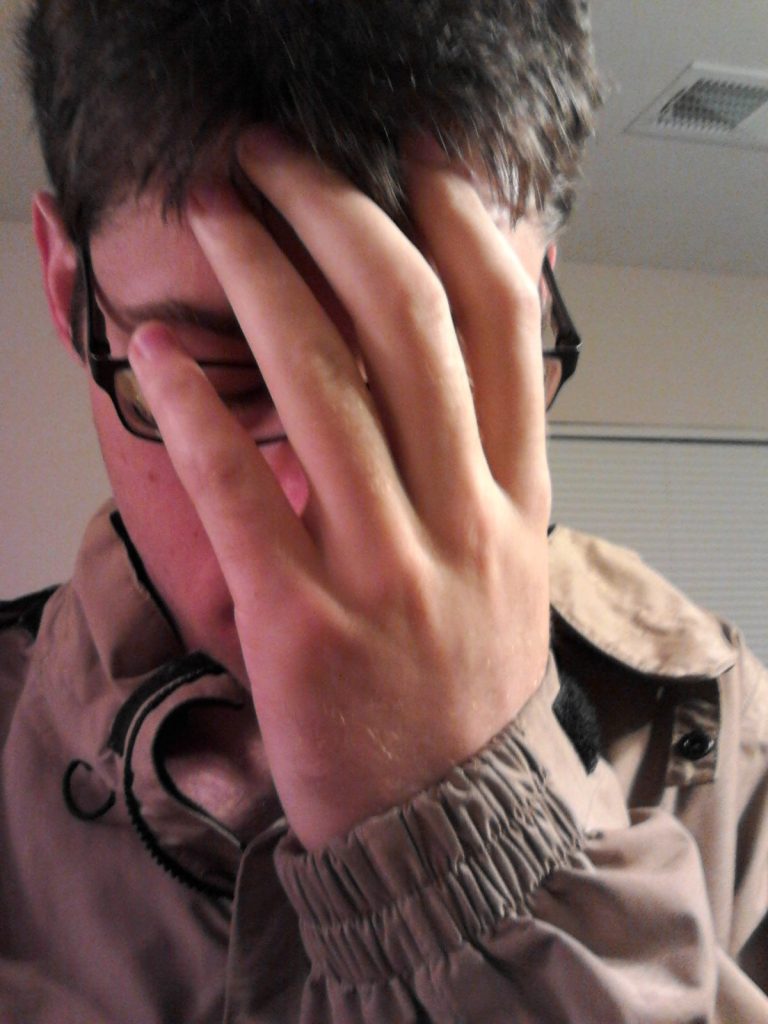
I took my team up to Ha Ha Tonka last weekend. Ha Ha Tonka is a mid-Missouri park, and I could tell you about its rolling hills, or its castles, or its sinkholes, but all you’re going to remember is its name:
Ha Ha Tonka.
It has a funny name.
But I digress: I took the team hiking there last weekend. And in the Devil’s Kitchen, a giant sinkhole on the southern side of the park, in this majestic ampitheather, I gathered the Stry.us team and laid out the rules for the summer:
Let’s be builders.
Let’s be patient, but let’s also be persistent.
And of course: Let’s make mistakes. They’ll be mistakes, but they’ll be our mistakes, and we’ll learn from them.
At least, I hope we will.
See, here’s the thing: It’s 2:47 a.m. right now, and I’m typing this. Which means that something’s gone wrong.
Again.[1. See: Self-pic, at top, for proof.]
It happened once in Biloxi, when I couldn’t afford to make a mistake.[2. I mean that literally — I didn’t have any money.] Biloxi was hot — there’s a photo on the Stry.us Facebook page of Weather.com showing a “real feel” of 119 degrees, to give you an idea of what July was like — and my car tended to heat up like a toaster oven most afternoons. I kept my windows open a lot.
I kept my windows open until that one night where it rained like all hell, and then I walked downstairs and found a small monsoon on my driver’s side floormat. The control panel on the left side of the car shorted out. Every other window I could make go up — but not that driver’s side window.
I took it to my mechanic there — the heat had made my engine fan go kaput, so I’d already found a mechanic — and Big Joe had to call up a dealer in Alabama to find the part. It cost me a few hundred dollars, and when I called my parents, my dad told me the thing that dads say:
It happens once, alright. It happens twice….
And he didn’t need to finish the sentence.
Which is where tonight comes in. There was a thunderstorm, and I knew it was coming — my laptop had forewarned me of it. But it was hot again, and I kept the windows open a crack. I’d expected to go out again at night for groceries. I came in, did some work, passed on groceries and went to sleep at the start of the first OT between Boston and Miami.
I woke up to thunder. And it woke me up, straight up, and I knew already. I went to my window and looked out.
I thought I saw a crack in the window.
I grabbed my raincoat and a small towel. The rain was blowing more in a sideways/upwards direction than down. The thunder hit every couple of seconds. The lightning looked like a strobe on full blast, or a lighthouse light spinning at triple time.
I looked at my car, and I fully realized what I’d already suspected: I’d left every window open an inch.
I ran. I hit the remote entry, and the lights came on. I went to the driver’s side door.
Nothing.
I tried again.
Nope.
And then, the ah-ha moment — the panel’s already busted. This door won’t open automatically.
Fuck.
The driver’s side rear door opened. The inside of my car was soaked.
I managed to get every window up — every window except the driver’s side.
So now I started running back into the house — more towels, all that I can find — and then back out into the storm. I started stuffing them into the cracks. I started toweling off the inside of the car.
It is 3:13 a.m. now, and there are several hours of thunderstorms left tonight.[3. Again: My computer is telling me this.] My driver’s side door is being guarded by five hand towels stuffed into a one-inch window opening. This window will not go up, and it cannot be fixed tonight. The nearest garage — or covered parking area — is 20 minutes away.
We’ll make mistakes, I keep hearing myself say, looking out at my team at Ha Ha Tonka. But they’ll be our mistakes, and we’ll learn from them.
And now I am sitting here writing this note to myself, hoping that this time — the second time around — I actually do.



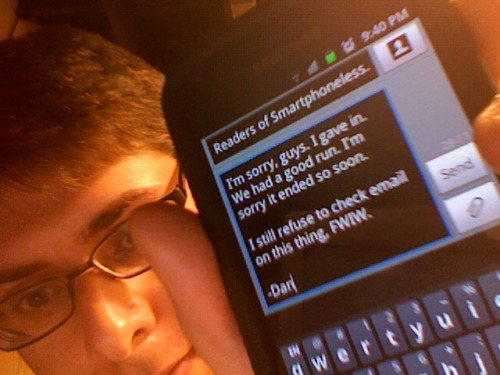
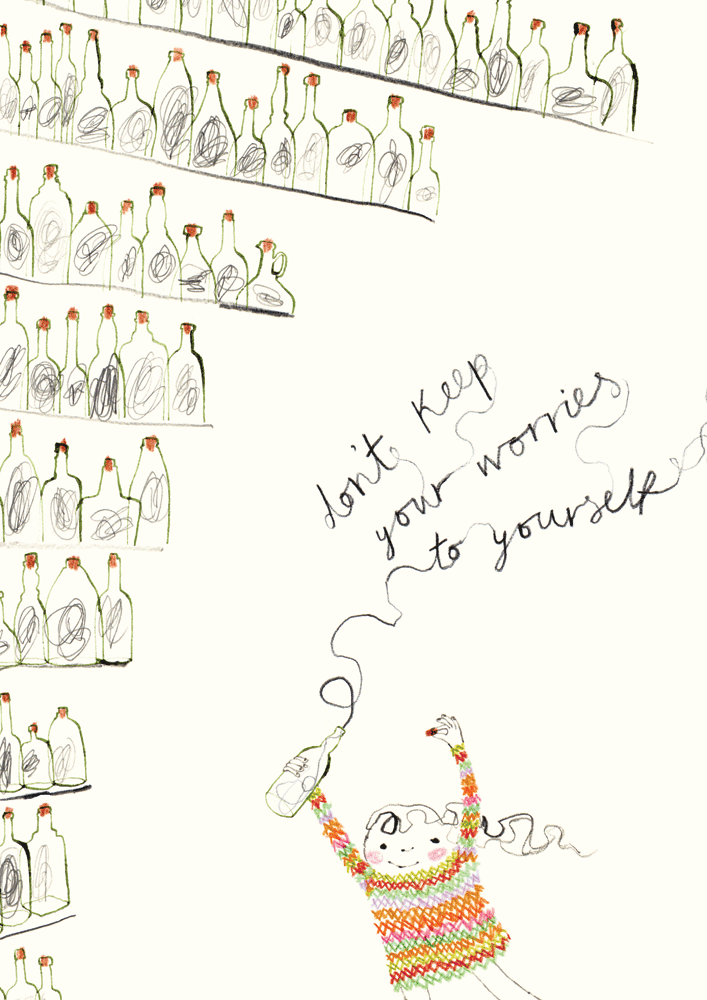
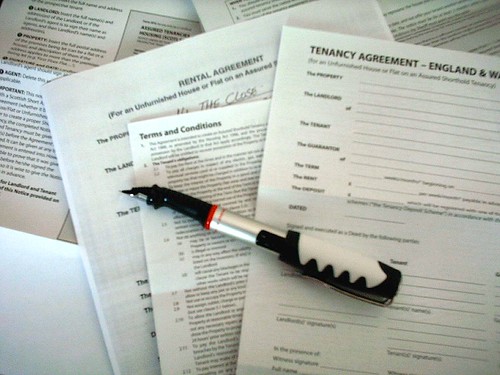

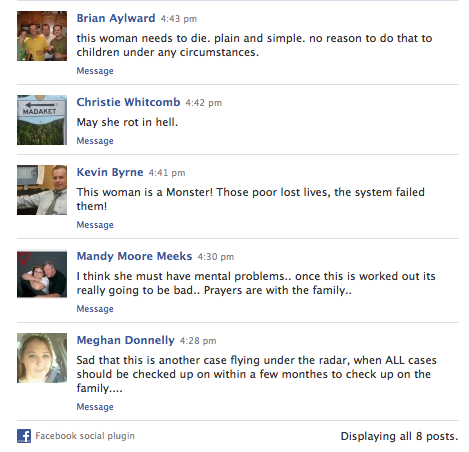
 In the summer of 2009, having just accepted a job at a TV station in San Antonio, Texas, I attempted to convince my bosses to allow me to channel
In the summer of 2009, having just accepted a job at a TV station in San Antonio, Texas, I attempted to convince my bosses to allow me to channel 